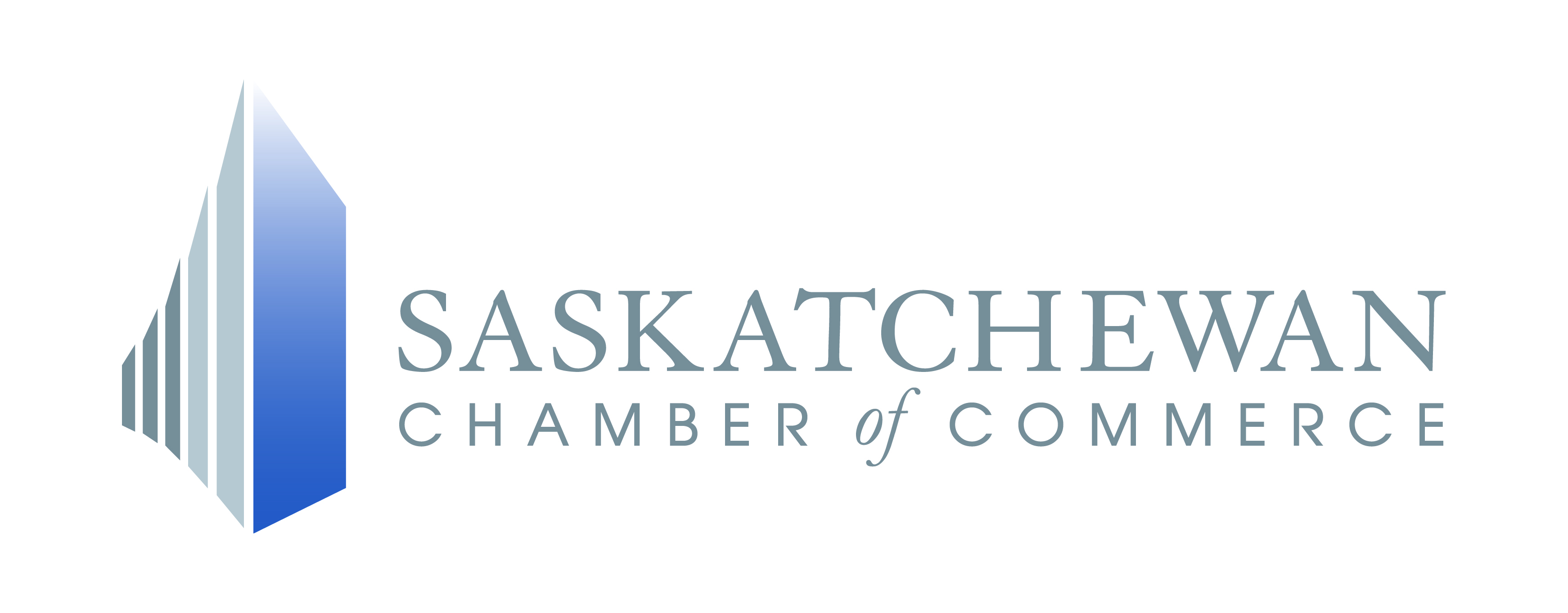Saskatchewan Chamber of Commerce Undertaking Business Competitiveness Study
Saskatchewan Chamber of Commerce Undertaking Business Competitiveness Study

The SCC is excited to announce it will undertake a comprehensive study on Saskatchewan business competitiveness starting in early 2019. The decision to carry out the study was made in response to the feedback from SCC members, particularly those operating in capital-intensive sectors. Over the past two years, a culmination of events have created competitiveness challenges for businesses in Saskatchewan and in Western Canada more generally. This includes everything from reforms to both corporate and personal income taxation in the US, to carbon taxes, interprovincial trade barriers, as well as delays surrounding resource development projects on the domestic front, just to name a few.
There is also a growing perception, both at home and abroad, that Canada is becoming an increasingly hostile jurisdiction in which to do business. In the latest version of the World Bank’s Ease of Doing Business Index, Canada dropped four spots to 22nd with the US coming in 8th place. In the World Economic Forum’s Global Competitiveness Index for 2017-2018, Canada managed to improve its overall ranking one spot from last year, earning the 14th spot but still lagging behind the US in 2nd place.
Data from a recently published Statistics Canada report suggests that foreign direct investment (FDI) has plunged to its lowest levels in eight years, with a disproportionate amount of the decrease occurring in the energy sector. For the first time in a decade, foreign companies sold more Canadian businesses than they acquired. Foreign acquisitions of Canadian companies are at their lowest levels since 2009.
As one of the most trade-dependent provinces in one of the most trade-dependent nations in the world, retaining and attracting FDI is crucial for Saskatchewan to maintain its high standard of living.
The main objective of the study is to identify the existing competitiveness challenges that currently constrain Saskatchewan businesses from expanding and scaling up. From there, a report will be released containing a prioritized list of high-level policy recommendations aimed at the appropriate levels of government. Because competitiveness touches on many different areas, the scope of the study will be quite broad – encompassing everything from taxation, regulatory barriers, and trade, to infrastructure, labour markets, access to capital etc.
The project will be comprised of three distinct phases. Phase one will be an environmental scan structured as roundtable discussions with representatives of select businesses, local Chambers, and industry-specific associations meeting over the course of a two-month period. The goal of phase one is to determine what research has been done on the topic of business competitiveness to date and what are the existing competitiveness challenges being experienced by the Saskatchewan business community.
Phase two will be structured as an ad-hoc advisory committee comprised of prominent and respected business thinkers known to the Saskatchewan business community. The purpose of the advisory committee is to synthesize the existing research and earlier phase one findings with the collective insights and observations of the committee.
Finally, phase three will serve as the official launch of the report and its recommendations. A kickoff-type of event on business competitiveness would be the beginning of a public discussion intended to raise awareness around the issue. Local media would be invited to cover the launch of the report and the event kickoff.
Undertaking a study on Saskatchewan business competitiveness is both timely and relevant. The aims of the study are consistent with the mission statement and Key Strategic Theme #3 outlined in the SCC 2019 – 2021 Strategic Plan. One of the benefits of carrying out a research project of this magnitude is that the policy input process by its design allows the SCC to re-engage members and demonstrate its value proposition. The value add for the Saskatchewan business community here is in identifying the existing policy gaps, why they still exist, and tailoring both the scope of the study and its recommendations to be Saskatchewan-specific.
Interested in participating in our policy input process? Please contact Joshua Kurkjian, Director of Research and Policy Development by email at jkurkjian@saskchamber.com or by telephone at 306-781-3125.
